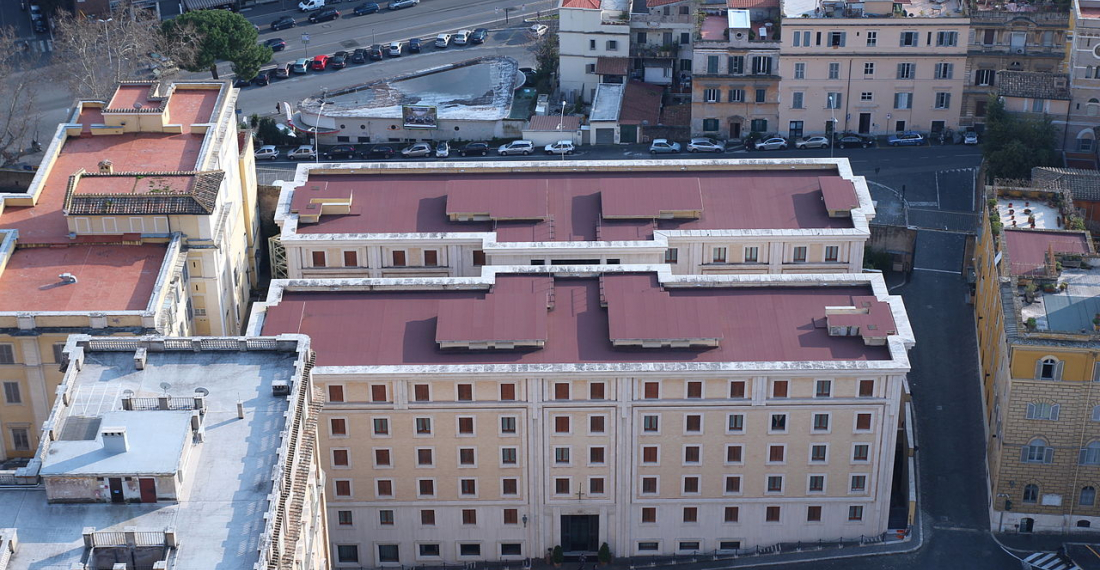Pope Francis will today (1 July) meet in the Vatican with ten Lebanese Christian leaders to reflect on the dire economic and political situation in their country, which he hopes to visit soon.
The leaders will stay at the Saint Martha’s guest house in the Vatican, where the pontiff himself lives, before taking part in what he described as a “special day of prayer and reflection on Lebanon.”
“I invite you all to join spiritually with us, praying that Lebanon may recover from the serious crisis it is going through and show the world once again its face of peace and hope,” Francis tweeted on Wednesday.
The pope has repeatedly offered his prayers for the people of Lebanon, which was plunged into crisis by a massive blast in Beirut last year that killed more than 200 people and ravaged swathes of the Mediterranean city. More than once, Francis has expressed his desire to visit Lebanon, which he has described as an “example of pluralism in both the East and the West” but which he said faced challenges that “threaten the very existence of this country.”
His visit could “perhaps” come at the end of 2021 or the beginning of 2022, preferably after a new government is formed, according to Archbishop Paul Richard Gallagher, the Holy See's Secretary for Relations with States.
Among those attending the Vatican talks is Maronite Patriarch Beshara Rai, who has been outspoken in criticizing the corruption of the political class in Lebanon. The day with the pope “will be an important step to help Lebanon remain the home of the Christian-Muslim partnership,” he told the French language daily L’Orient-Le Jour.
Lebanon recognizes 18 official religious sects and its 128 parliamentary seats are divided equally between Muslims and Christians.






